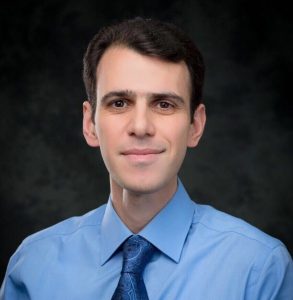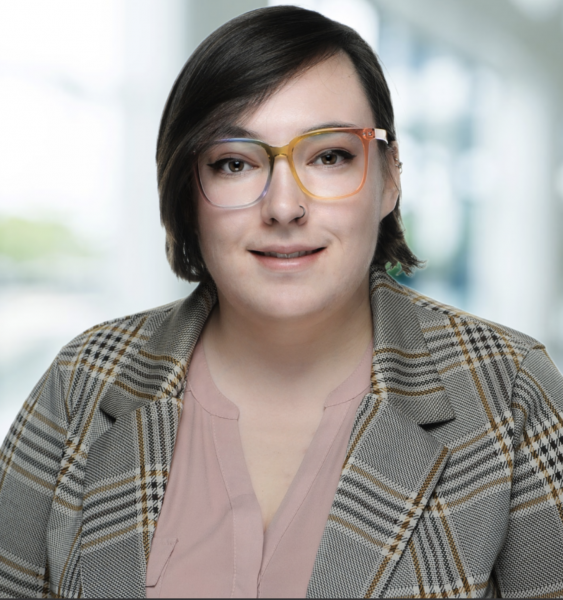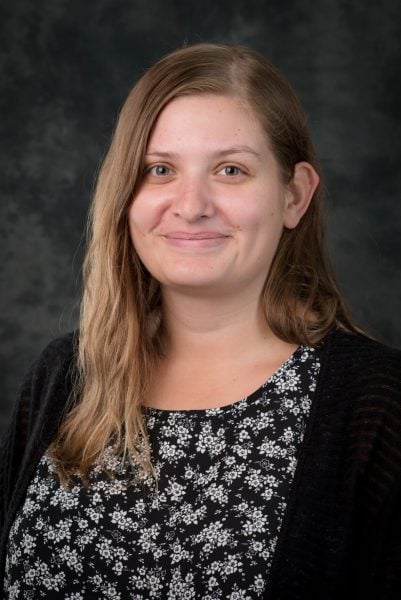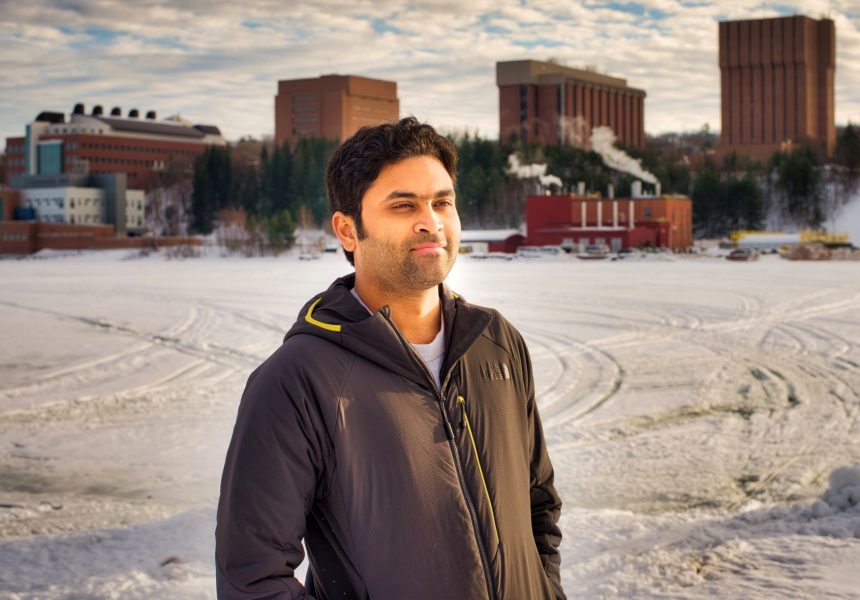The Library will sponsor a literature review workshop, “Delve into Research,” at 1 p.m., Tuesday, March 15; and again 1 p.m., Wednesday, March 23, in Library 244.
Are you preparing for your thesis? Establish your research on solid ground by conducting a literature review. Bring to light your research project and understand current events in your field. Government Document Librarian Rhianna Williams will discuss six steps to conducting a literature review.
The library offers weekly workshops all semester on resources that provide an academic edge and save time. Workshops take place at 1 p.m. on alternate Tuesdays and Wednesdays in Library 244. Each workshop is offered twice to accommodate class schedules.
This spring’s workshops will focus on resume building, material science resources, managing citations and many more. The library welcomes feedback and ideas for future workshops. Email them at library@mtu.edu .






